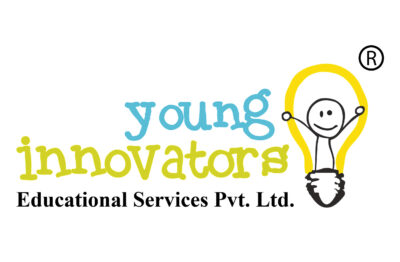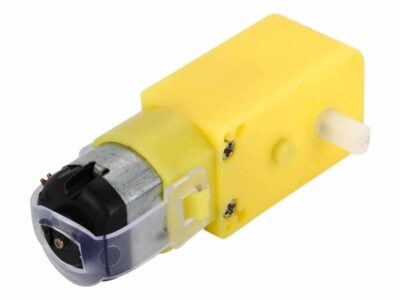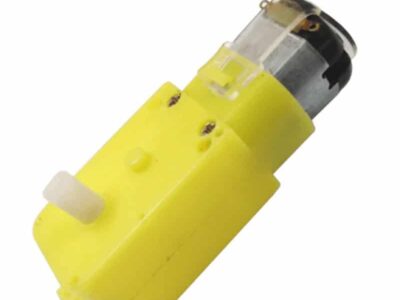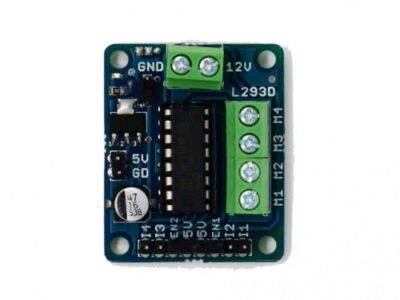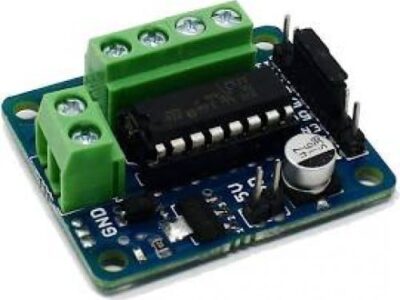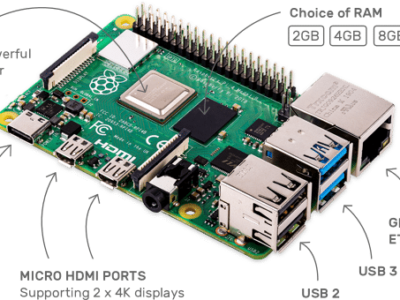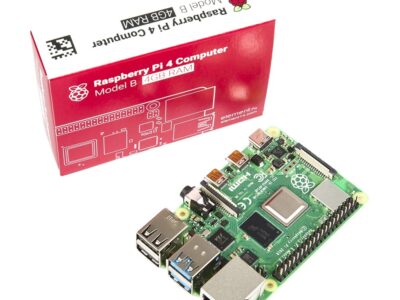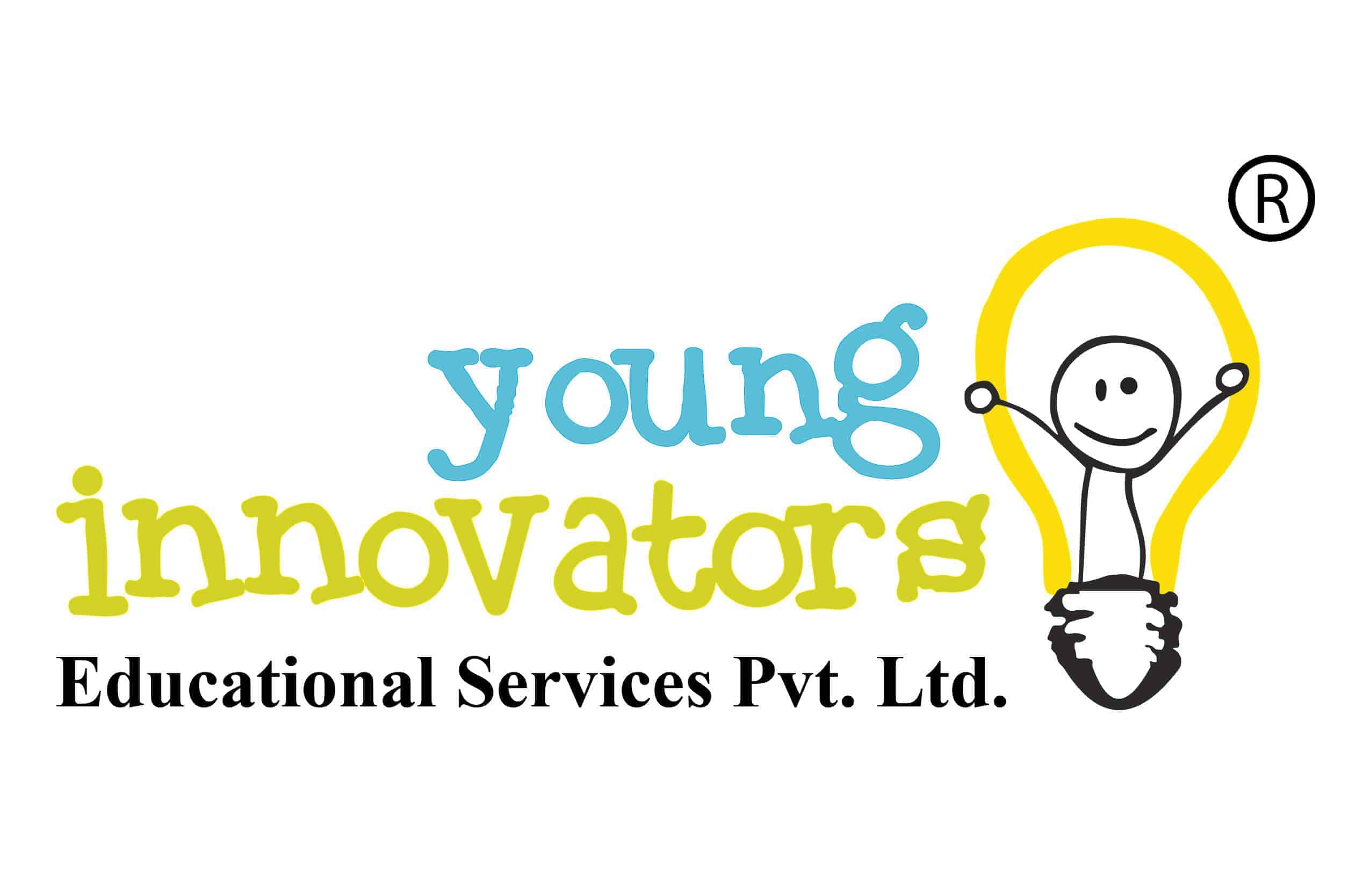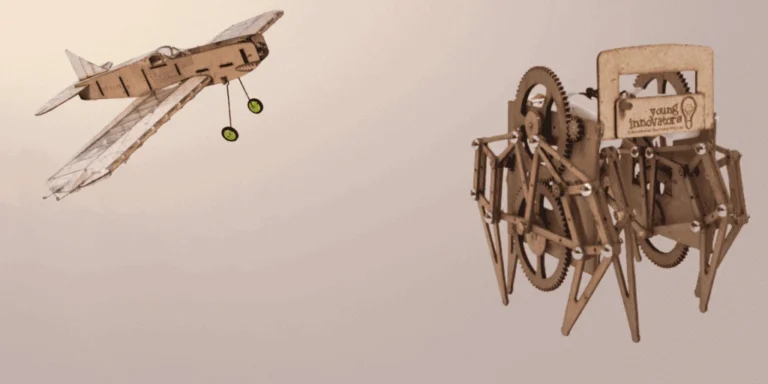Electronics
September 2, 2020 2025-11-25 9:04Electronics
Electronics
Participants will gain knowledge towards basic electronics and will learn the working principle of basic electronic components and will be able to design their own circuits.
- Junior
- Level 1 (Coding)
- Level 2 (IoT)
Aim: This course introduces participants to the fundamentals of Electronics through
engaging, hands-on learning. Using a basic electronics kit, students will explore core
concepts and progressively design their own functional circuits. The program is crafted
to spark curiosity and foster a long-term interest in Electronics as a meaningful co
curricular pursuit.
Duration: The course consists of 22 sessions, each 60 minutes long, blending theory and
interactive activities to ensure a well-rounded learning experience.
Course Highlights :-
- Basics of electronics
- Identifying components and their applications
- Designing circuits using LEDs, switches, sensors, transistors, musical ICs, motors, and more
Kit
- Beginner Electronics Kit Designed by Young Innovators (YI), this kit provides a hands-on introduction to the world of electronics, offering essential components to build over 100+ circuits.
Course Benefits
Beginner’s kit gives you an opportunity to play around and fascinate you to learn electronics, design, build and test your own circuit.
Beginner’s kit gives you an opportunity to play around and fascinate you to learn electronics, design, build and test your own circuit.
Aim:
This course introduces participants to the fundamentals of Coding, Sensors, Actuators & Microcontroller through real-time applications in Electronics. Students will learn the fundamentals of programming using languages like C/C++. They will explore how to collect data from input devices (sensors) like temperature, light, or motion sensors and use output devices (actuators) like motors, LEDs, and buzzers using Microcontroller [Arduino UNO] to respond to environmental changes.
Duration: The course consists of 22 sessions, each 60 minutes long, blending theory and interactive activities to ensure a well-rounded learning experience.
Course Description :-
- Introduction to Microcontrollers: Understanding the concept of analog and digital signals, in depth knowledge about Arduino UNO and its Pin configuration.
- Programming and Simulation Tools: Learn to design and program to simulate circuits through virtual prototyping, turning ideas into action without physical limitations using Tinker cad and Arduino IDE, build confidence in debugging and testing the code. Understand the basics of programming logic and syntax
- Sensors and Actuators: Interface sensors and actuators with microcontroller to sense and respond to their environment, coding to read sensor data and control actuators.
- Real-Time Enhancement:
Develop simple embedded systems projects. Apply your skills to conceptualize, build, and present real-time projects, bringing theoretical knowledge to life through creative innovation.
Kits
- Microcontrollers: Arduino UNO
- Sensors: IR, ultrasonic, temperature, LDR and etc
- Actuators: motors
- Input Output Components: switches, potentiometer, LED’s, Display device.
Course Benefits
Hands-on activities and mini-projects will reinforce learning and encourage problem-solving, creativity, and innovation in building real-world applications.
Hands-on activities and mini-projects will reinforce learning and encourage problem-solving, creativity, and innovation in building real-world applications.
Aim: The objective of the IoT (Internet of Things) Hobby Class is to introduce participants
to the world of IoT through engaging, hands-on projects and activities. The program is
designed to help learners explore the practical applications of IoT in everyday life by
building, experimenting, and problem-solving.
Duration: The course consists of 22 sessions, each 60 minutes long, blending theory and
interactive activities to ensure a well-rounded learning experience.
Course Description :-
- IoT Development Kit: The session includes a hardware overview and a plug-and play demo of the IoT Development Kit, an introduction to the Arduino microcontroller, and step-by-step guidance on installing the Arduino IDE and the necessary USB driver.
- Programmable Circuits with Tinkercad: Learn to design, program, and simulate circuits through virtual prototyping, enabling students to turn ideas into action without the need for physical components.
- OLED Display and Sensor Interfacing with IoT Development Kit: Explore how to interface sensors and display modules, enabling IoT devices to sense and respond to their environment in real time.
- Real-Time Project Development: Hands-on project building using various sensors, including:
- Light and sound sensors
- Temperature and humidity sensors
- Air pressure sensor and tri-axial accelerometer
Kit
- The IoT Development kit is centered around an ATmega-based microcontroller, designed to introduce students to the core principles of the Internet of Things (IoT). It comes equipped with a comprehensive set of components essential for building real-world IoT applications: Input/Output Devices: OLED display module, LED, push-button switch, potentiometer. Environmental Sensors: Temperature and humidity sensor, air pressure sensor, light sensor (LDR), and sound sensor. Motion Sensor: Tri-axial accelerometer.
Course Benefits
Each student will learn how to program and build real-time projects, turning their ideas into working prototypes.
Each student will learn how to program and build real-time projects, turning their ideas into working prototypes.
Related Products
BO-Motors (60RPM)
₹120.00
10 in stock
Motor Driver-L2d93
₹110.00
Out of stock
Raspberry Pi-4 Model B (4GB RAM)
₹7,500.00
Out of stock
